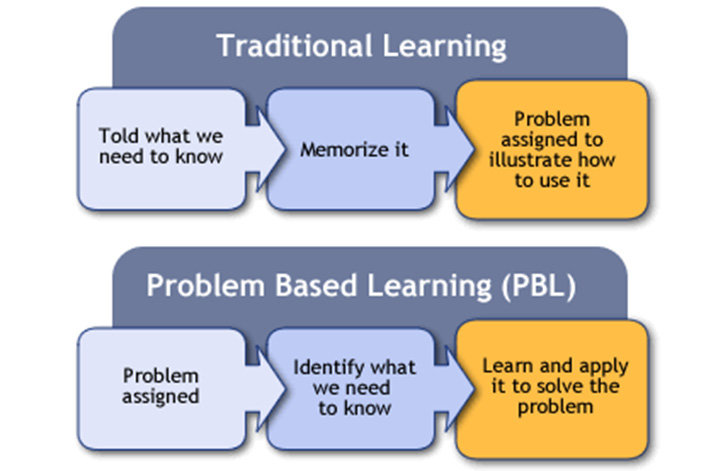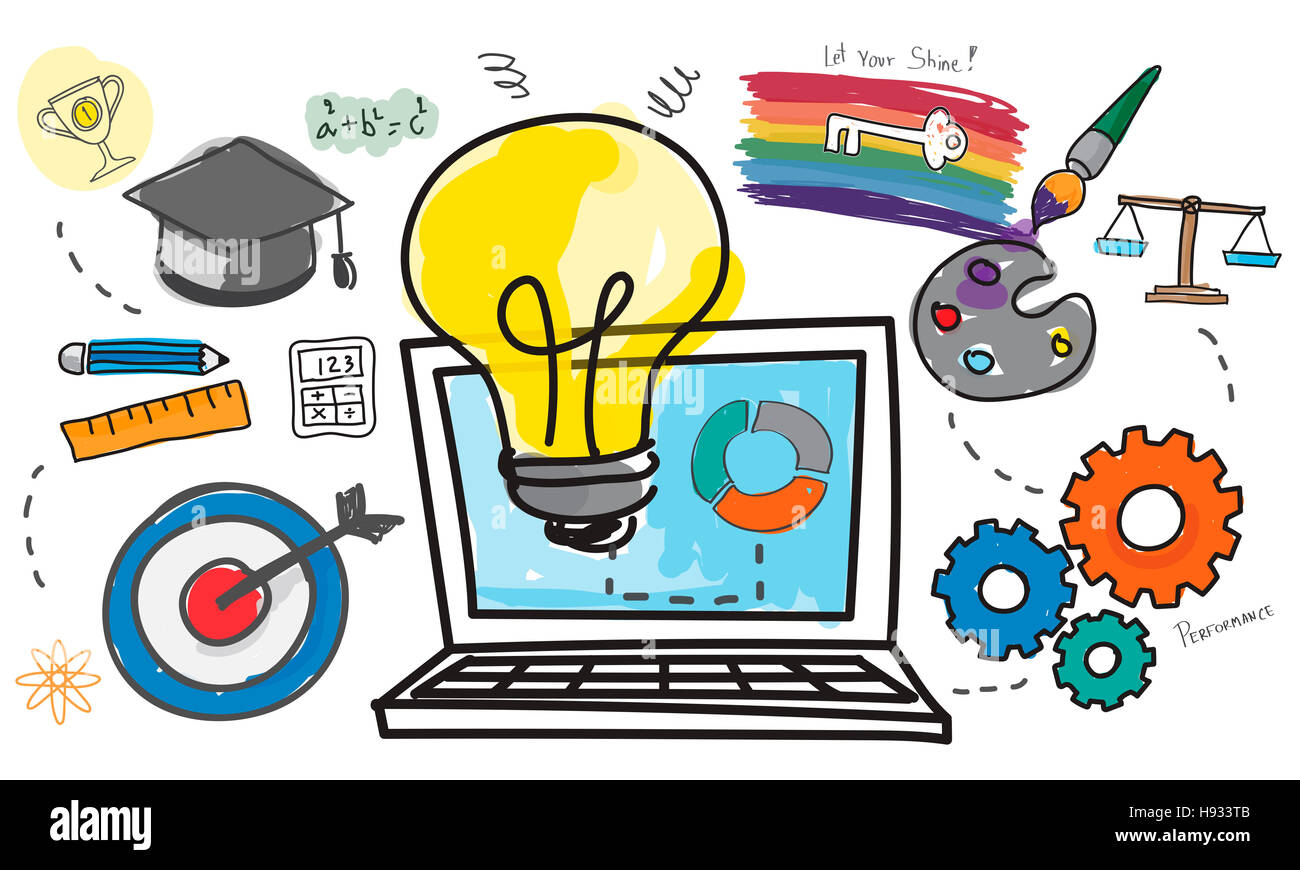
Reasons Why Project-Based Learning Is Better Than the Conventional Classroom Learning
Why is Project-Based Learning Better Than Traditional Classroom Learning?
- When it comes to prepare the next generation for their bright future, then education becomes the primary concern. Traditional or conventional learning in classroom-based education is being challenged by the ever increasing and enhancing complexity in our lives and societies. Researches in the leaning methods have now opened new vistas in Project-Based Learning. The fast emerging method is catching and seeking the attention of the educationist and policy makers to introduce this in their education and learning systems.
- Project-based learning focuses and concentrates on developing critical thinking and problem solving skills in the students. Its inquiry-based method of education or learning to solve the problems given as projects to the students is a type of active learning. Long story short, we can say “Project-Based Learning integrates knowing and doing” when the students apply what they know to solve authentic problems with intentions to produce results that actually matter.
- A project has the scope of work, resource, and planning activity to execute and manage resources to get the desired or wanted results. At present world of full of ever increasing and enhancing complexity, project-based learning is preparing the students to solve the real world problems. Here are the top reasons why you as teachers, guides, educators, educationists, or students should go for the project-based learning.
-
Scope of Work
- The first and the foremost reason to go sορ project-based learning is that it enables educators, teachers, and students to learn and adopt the structures all around projects rather than taking the lecture-based learning and reading or writing assignments of the conventional and traditional classed room learning. Students understand and learn to comprehend the entire scope of the project and put the execution into a structure under the guidance of their teachers or the supervisors.
-
Real World Problem Simulation
- Project-based learning concentrates and focuses on enabling student to face real world situations simulated in the forms of the modularized projects. Students are taught while doing what they know and develop new learning around hobbies, passions, and careers. They very often develop new hobbies, passions, and liking for new careers.
-
Improves and enhances the Interpersonal Skills Of A Student
- It hugely impacts the development of the interpersonal skills of the students. Projects given often are more complicated and complex than in the assignments given in the traditional classroom-based learning. Students need to form and structure their efforts in organizing their survey required and needed for the projects, analyze the survey results, and prepare the reports to reach markets and collaborates with the sponsors of the projects. In the full and entire approach or different stages of the project they improve and enhance their communication skills to collaborate with various stakeholders.
-
Concept and Creativity Development

- Project-based learning develops greater depth of comprehending and understanding the concepts than in the conventional and traditional classroom-based learning and results in improved levels of student’s creativity. Real world situations given in the project are more capable to draw students’ attention and catch and capture their interest to provoke the needed and required level of thinking to apply new knowledge in a problem solving context.
-
Determines the Actual Knowledge
- Project-based learning determines in depth the knowledge and the experience of the students and sometimes of the teachers as well as compared to the fixed length of learning experience of traditional classroom-based learning. In case of the project-based learning student develop their skills and knowledge while class-based learning has shorter span of the memorizing or rote based experience derived from a rote approach.
-
Choice of Selecting Real World issues and Problems
- Another one of the great reason to go for project-based learning is that projects are chosen by the students or are assigned by the teachers according to the students’ interest. Students are presented to have choice based on their own personal interest in selecting a real world problem presented in the project. Interest-based selection of projects give the student unique ways of solving different problems which are very diverse even in the same class, whereas the traditional classroom-based learning has question/answer-based essays and exam writing, including assignments given to all students of the class. These can become a little mundane and tedious at times.
-
New Style Assessment of Students’ Skills
- Teachers are able to assess the students’ abilities and capabilities to observe, survey, and investigate, then locate the projects determining the activities and events that are based on their interest. Students find themselves capable of honing and improving on their observation and analyzing skills. Teachers can directly assess the development of these skills among their students when they perform activities of the project work.
-
Visits to Field-Sites of Real World Problems
- A very significant feature of project-based learning is field-site visits by the students, teachers, and other involved researchers and educationists as required or needed in the project executions which open new ways of learning and collaborating with stakeholders and brand new people.
-
Direct Demonstration of The Capability

- Teachers get greater opportunities assess their students’ capabilities demonstrated in the performing activities and events that are organized in the projects than the essays and exams of the traditional classroom learning based on memorization and rote learning to write what teachers have taught as their fixed and pre-determination of the topic.
-
Technology Inclusion
- Project-based learning is a very effective way of including and inculcating technology in the learning laboratories of the education system. Projects selected by the students according to their interests and hobbies are now likely to involve computers and the internet, as well as interactive whiteboards, GPS devices, and cameras.
Thank you very much for reading this blog. I hope you have a wonderful rest of your day. In case of any queries feel free to contact us using the comments section.
To know about Mobile App Development Courses and Internships make sure to register yourself at NullClass now !


0 responses on "Reasons Why Project-Based Learning Is Better Than the Conventional Classroom Learning"